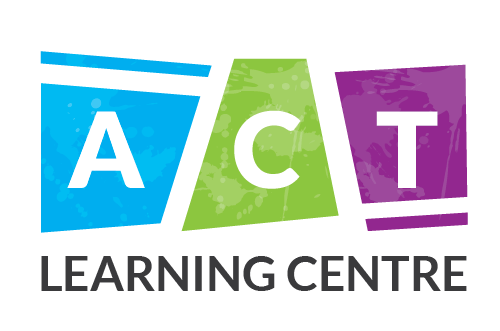Implementing a Token Economy System at Home
When trying to manage a child with behavioral problems, it is common to find that praise is not enough to motivate the child to follow rules, obey commands or do chores. As a result, it is necessary to set up a more powerful program to motivate the child. Here are the steps to follow:
1. Find or buy a set of plastic poker chips. Each chip, regardless of the color can represent 1 chip.
2. Sit down and explain to your child that you feel he/ she has not been rewarded enough for doing nice things at home and you want to change all that. You want to set up the new reward program so your child can earn nice privileges and things for behaving properly. This sets a very positive tone to the program.
3. The IT and your child should make a nice bank in which he/ she will keep the chips earned. A shoe box, coffee can, a plastic jar or some other container can serve as a bank. Have some fun decorating it with your child. The jar will hold more value to the child since they personalised it themselves.
4. Now, you and your child should make up a list of the privileges you want your child to earn with the poker chips. These should include not just occasional special privileges (going to the movies, buying a toy, eating out) but also the everyday privileges your child takes for granted (television, video games, iPad, special toys already in the home, riding a bike, jumping on the trampoline, eating certain treats, etc). Your therapist will explain what types of privileges you might include on this list. Be sure to have at least 10, and preferably 15, rewards on this list.
5. Now make up a second list that will contain the jobs/chores and requests you want your child to accomplish. (Your child will not be present for this step.) These can be typical household chores such as setting the table for a meal, clearing the table after a meal, cleaning a bedroom, making a bed, emptying wastebaskets, and so forth. Also put on the list things like getting dressed for school, getting ready for bed, washing and bathing, using toilet paper appropriately, brushing teeth, or any other self-help tasks you give a child that normally pose a problem for you. Other items that should be present on this list are listening to my parent’s words, listen and react promptly when asked to complete a command, using respectful vocabulary.
6. Next, take each job or chore and decide how much you feel it is worth in chips. For 5-10 year olds, use a range of 1 to 10 chips for most tasks and perhaps give a larger amount for big jobs. Remember, the harder the job, the more chips you will pay. Increasing the amount of chips the child can earn will help motivate the child.
Do not offer more chips to bribe your child. Ex: “Please make your bed”, child says “no”, then you say “fine if you make your bed I’ll give you two extra chips”. This is providing positive reinforcement for non-compliance, this is bribery and not considered working for poker chips. Avoid this at all costs.
7. Take a minute and add up how many chips you think your child will earn in a typical day if he/ she listens well and does most of these jobs. Then, remembering this number, decide how many chips you child should have to pay for each of the rewards you listed. We generally suggest that two-thirds of the child’s daily chips should be spent on his/ her typical daily privileges. This allows the child to save about one-third of his/ her chips everyday toward the purchase of some of the very special rewards on the list. Don’t worry about the exact number to use here – use your judgement for how much value should be placed on each reward. Be fair, and charge more chips for the special rewards and less for the daily ones.
8. Be sure to tell your child that he/ she will have a chance to earn “bonus” chips when he/ she performs a chore in a nice, prompt, pleasant manner. You will not give these bonus chips all the time, but should give them when your child has done a job in an especially pleasant and prompt manner.
9. Be sure to tell the child that chips will only be given for jobs and commands completed on the first request. If you must repeat the command to the child, he/she will not receive any chips for doing it.
10. Finally, be sure to go out of your way the first week to give chips away for any small appropriate behavior. Remember, you can reward a child even for good behaviors that are not on the list of jobs. Be alert for opportunities to reward the child.
Do not take chips away during the first week for misbehaviours! You can do that when your therapist tells you to, but otherwise chips are to be used ONLY as rewards this week, not taken away as punishment.
REMINDERS
- Review the list of rewards and jobs every month or so and add new ones to each list as you deem necessary. Check with your child for new rewards he/ she may want on the list.
- You can reward your child with chips for almost any form of good behavior. (Ex: reward your child for not bothering or interrupting your work)
- Do not give the chip away before the child has done what he/ she was told to do, only afterwards. But be as quick as possible in rewarding the child for compliance. Don’t wait to reward!
- Both parents should use the chip system to make it as effective as possible.
- When you give chips for good behavior, smile and tell the child what you liked that he/ she has done.



